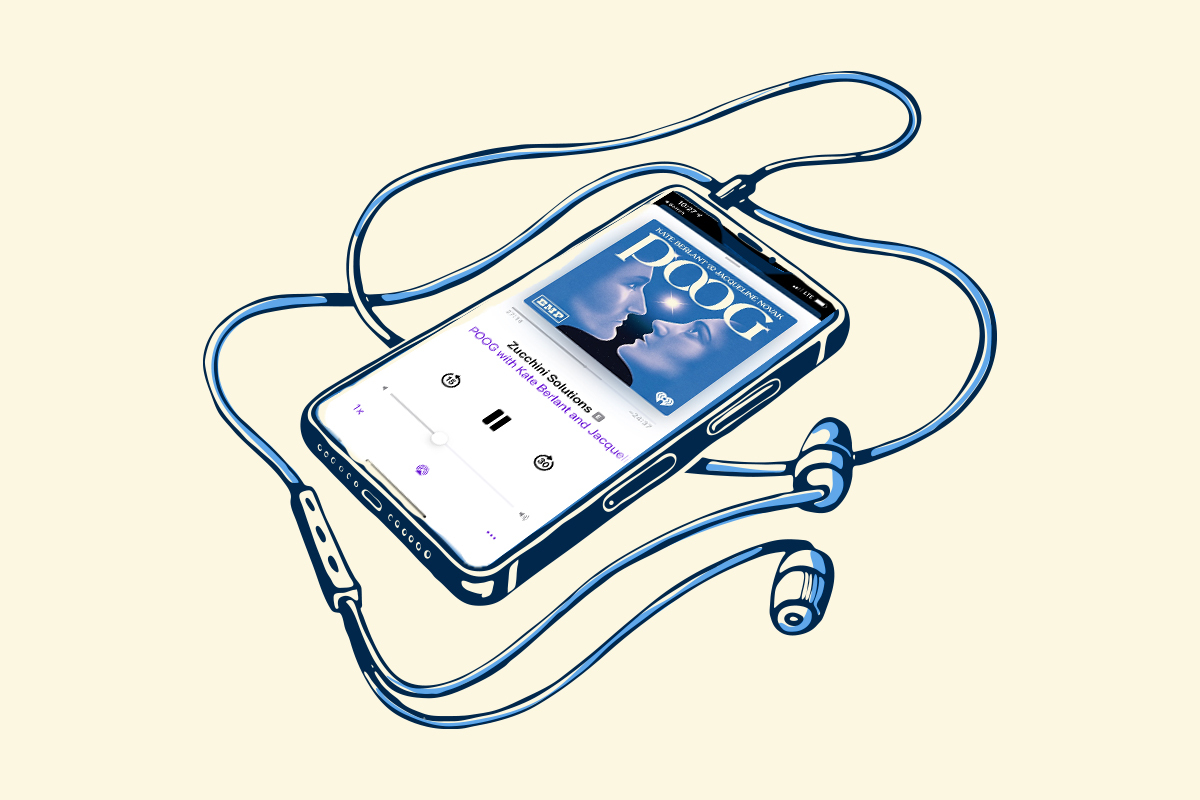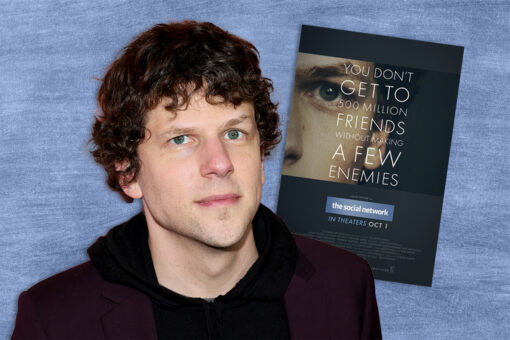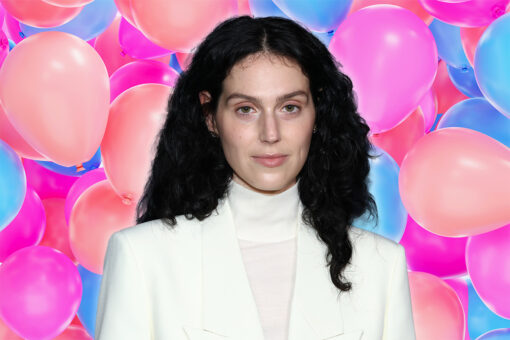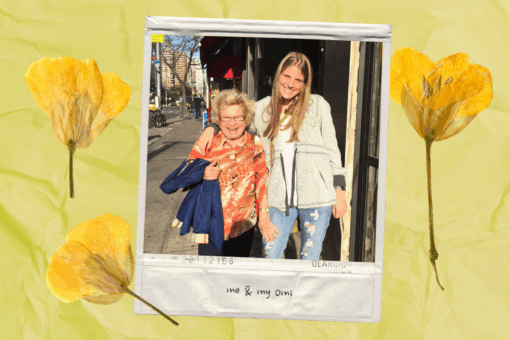Every Tuesday, I receive a small thrill. When the notification crops up on my silly little phone, I start to smile widely. Why am I smiling, you ask? The new episode of POOG has arrived.
Started by Jewish comedians Jacqueline Novak and Kate Berlant — of the off-Broadway “Talmudic dissection” of the blowjob “Get on Your Knees” and Quentin Tarantino’s “Once Upon a Time in Hollywood…” respectively — POOG is, to quote the intro, “an ongoing conversation about wellness between two obsessive friends, two untameable intellects.” The podcast is their “hobby…hell…[and] naked desire for free products.” To me, POOG is not only all that, but also? A revelation.
While the concept of “wellness” as a term has been around since the 1950s, it wasn’t until this past decade that wellness, in all of its forms, really hit the mainstream. Evoking imagery of the woo-woo girlboss à la Gwyneth Paltrow, wellness has at once become a laughable snake oil salesman and a deeply entrenched foundation of self-care. Pertaining to the physical, material and spiritual, wellness has become its own pursuit, categorized as a hobby and activity. Nearly anything can fit into its wide reach. Reiki practitioners? Wellness. Nine-step skincare routines? Wellness! Attempting to coax out of the ether family ghosts to discuss inherited trauma and reliving the absolute indignity that is being a Jewish girl at Christian sleepaway camp? On POOG, definitely within the realm of wellness.
From trying the highly coveted French skincare Biologique Recherche P50 to exploring one’s own depths of empathy by seeing how much you can cry in the Holocaust Museum, Novak and Berlant are deeply interested in the dissection of the things we pursue for self-betterment and how they impact our minds, bodies and perceptions of the Self. Their points of reference, as two Jewish women (or hags, as they call themselves) who grew up in interfaith households, is one that holds deeply true for my own personal experience.
The past decade, which has brought me from a nervous 14-year-old to a nervous 24-year-old, has also served to fan the flames of my burgeoning obsession with how on earth to take care of myself.
When I was 14, I, like Kate, was still within my tenure of being (along with my sister) the only Jewish girl at Christian camp. An isolating experience, to say the least, it was one in a series of incidents that left me feeling like I inhabited an in-between. Like Jacqueline and Kate discuss on the podcast, I had not had a bat mitzvah the year before, even though it was something I secretly longed for (the logistics of having parents in a drawn-out divorce precluded being comfortable enough to ask for a family event).
Like Jacqueline’s family, we would celebrate some Jewish holidays along with “Coca-Cola’s Christmas,” and going to camp further brought on the feeling of being “in one world and another world simultaneously that conflict.” Especially at such a pivotal age of adolescence, these cultural worlds colliding made it all the more confusing as to where and how I belonged. While for Kate, Christian camp brought a sense of order, along with the experiences of receiving communion from a crush and being made fun of for wearing sunscreen, I came to view it as a place where I was at once viewed as both curiosity and other. Between being asked what I really counted as and comments about how I should pluck my eyebrows, it’s a chapter I don’t remember fondly, but that helped shape how I came to identify, both culturally and aesthetically, growing up.
But along with becoming a foundation for identity, wellness has also morphed into a conduit through which to express devastating hypochondria (which can also manifest, in some cases, hilariously). While, unlike Kate, I’ve never tap-danced my way out of the gyno’s office after mistakenly thinking I’d left in a tampon, I have experienced overwhelming physical and mental health issues in the past few years. Experiences with anxiety and depression feature heavily on the podcast, with therapy counting among the multitude of wellness tools. Within my first year of university, I had such intense panic attacks that I would lose feeling in my face, arms and torso for days on end, and wound up with a (highly coveted by Kate and Jacqueline) MRI appointment on the west side of Manhattan, the farthest I had gone from my dorm in the two months I had lived there thus far. The next year, I developed at least three new allergies, one of which put me in the hospital not once, but twice. I have had to re-negotiate the way my body experiences sensation, and how to perform an acceptable response.
On POOG, performance is king, and it has served as the liminal space between different experiences in my life and learning how to revel in their absurdity. Baked into this performance is not only how we present ourselves (physically, by utilizing the temptations of serums and toners and other shiny, shiny products), but also the personas that we project into the world. These personas, as Kate and Jacqueline often expound, are in part shaped by our inherited traits and learned mechanisms from our families — including a decent amount of Jewish inherited trauma.
In one episode of POOG, Jacqueline describes one of her ways to get cozy at home — beginning with her mother, curled up on the couch, asking, “Do you want to watch a little “Schindler”?” At first glance, it seems a devastating way to spend an evening, let alone a cozy one. But surrounded by family, the experience of understanding a historical horror can become a comfort from the sheer fact that it is not our lived present, but in the past.
The pursuit of wellness is fascinating not only because of how it may change our minds and bodies, but because of the limitlessness of the depth of feeling that its unregulated nature enjoys.
Anything can be magical, and it is a prize to be able to experience abundance — especially coming from histories that have not been able to enjoy the same privilege. The ability to embody our desires and perform aspects of identity through wellness becomes a radical act, made all the more pleasurable by the impermanence of materiality. The joy is in the pursuit, making actual product effectiveness irrelevant.
Wellness falls for the miracle cure every time, not because we think it will definitely work, but because it holds the promise that it might. POOG asks you to pass the snake oil, if only for the story that may unfold.



